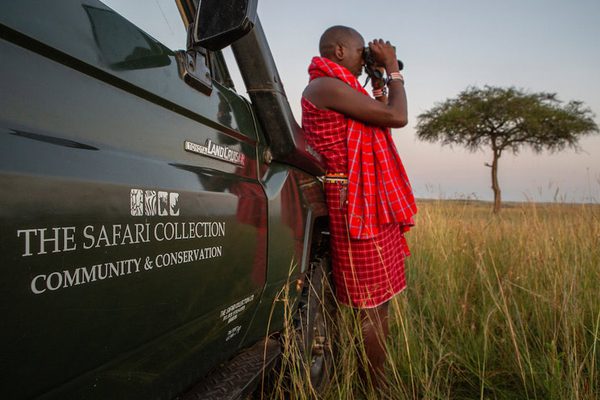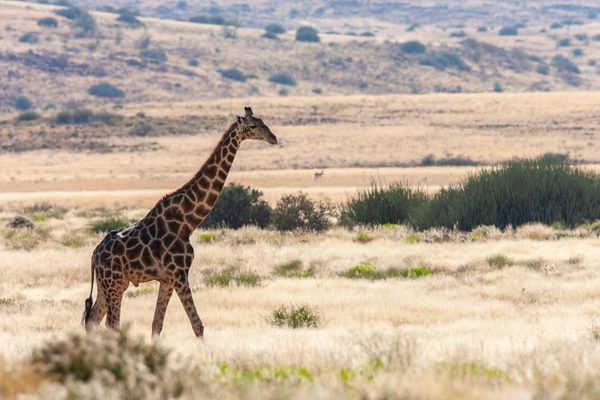Conservation and sustainability

Ben


Can't decide where to go? Why not take a look at our special offers for inspiration.
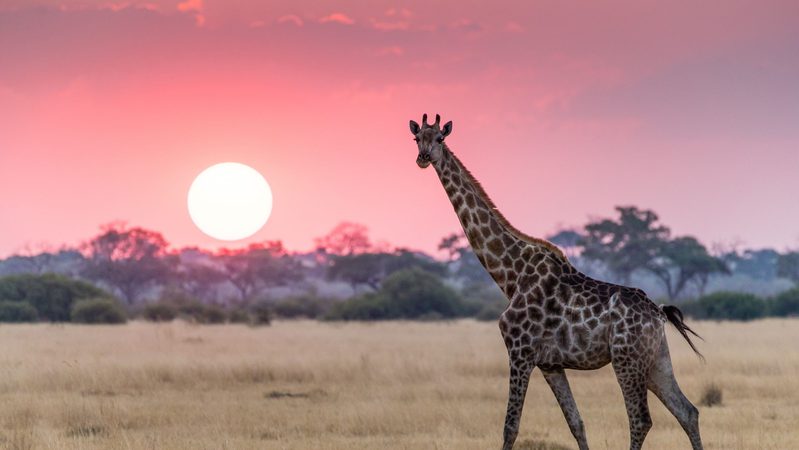
A diverse land brimming with superb safaris, pristine sandy beaches, towering snow-capped peaks and tropical underwater worlds is just waiting to welcome you

Australia offers vibrant cities, diverse landscapes, and iconic wonders like the Great Barrier Reef. New Zealand adds dramatic scenery, Maori culture, and relaxed charm. Together, they promise nature, adventure, culture, and warm hospitality.

If you're dreaming of an island getaway, look no further than the Caribbean with its gorgeous soft sand beaches and lively, diverse cultures.
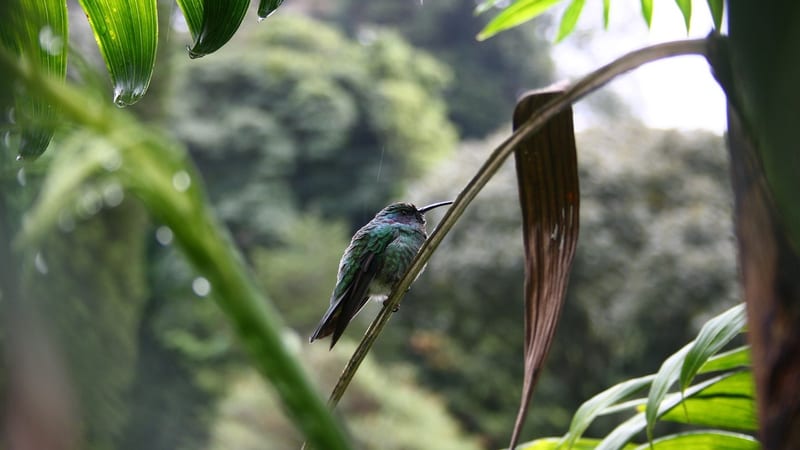
Head to the amazing destination that is Central America, full of the knowledge of ancient civilizations, incredible mountains, and beautiful beaches.

Discover vibrant cultures, pristine beaches, and tantalizing flavours in the captivating travel haven that is East and Southeast Asia

Embark on a journey through the vibrant tapestry of India, Sri Lanka, and Bhutan—where ancient temples, lush tea plantations, and soaring Himalayan peaks promise unforgettable moments at every turn.
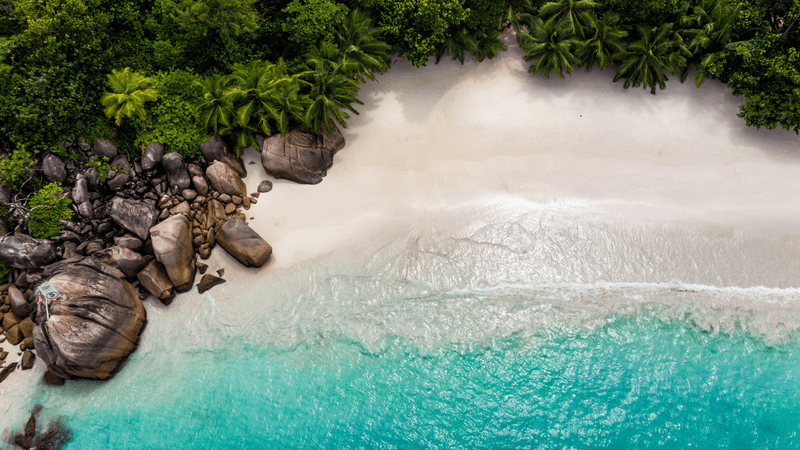
Picture yourself basking on sun-kissed beaches, sipping tropical cocktails beneath swaying palms —where crystal-clear lagoons and luxurious resorts cater to your every desire.

Experience world-class hospitality, mouthwatering cuisines, and the region’s deep-rooted cultural traditions for an unforgettable Middle East adventure.

Venture to the ends of the Earth and behold the icy majesty of polar landscapes. Discover pristine solitude, exhilarating expeditions, and breathtaking views that promise a memorable encounter with nature at its most dramatic
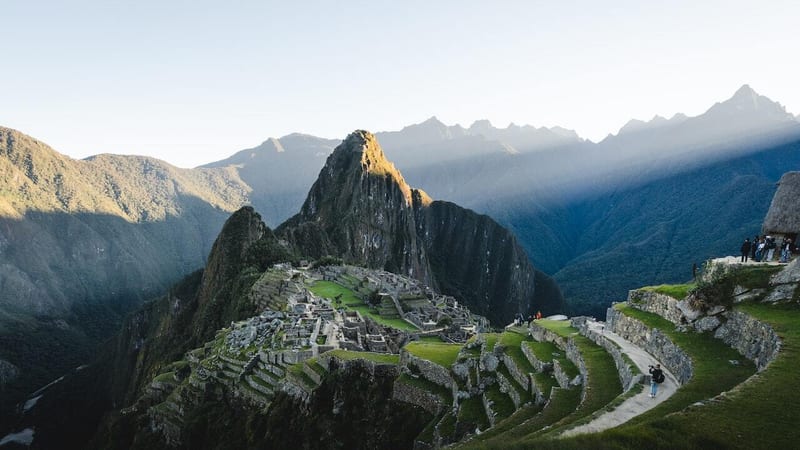
Journey into the heart of South America, where the rhythmic pulse of its vibrant cities meets the majesty of the Amazon rainforest and the timeless wonder of ancient civilizations.
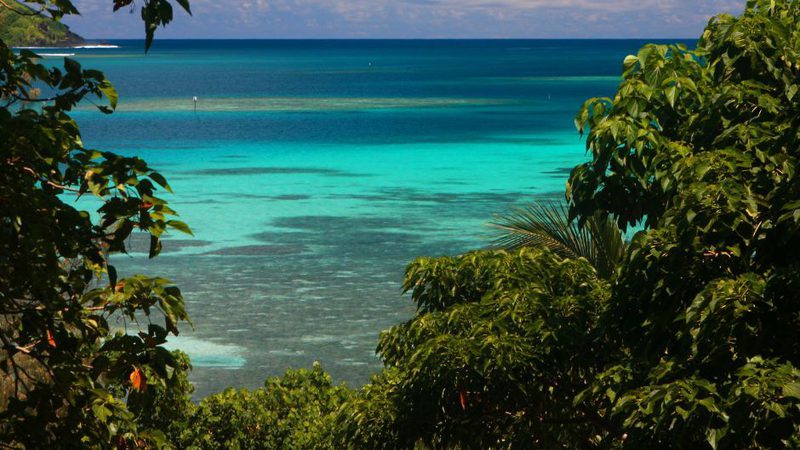
The South Pacific is a paradise of turquoise waters, white-sand beaches, and vibrant island cultures. From adventure and natural beauty to pure relaxation, each island offers its own unique charm and welcome.
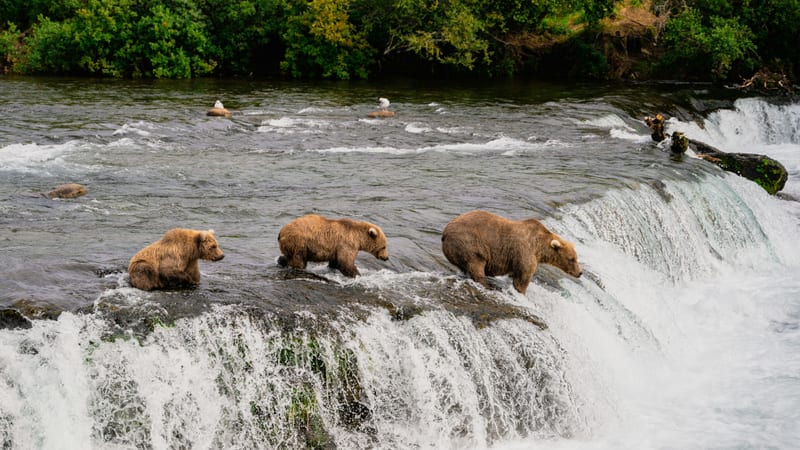
From the soaring plains of the Southwestern USA to the stunning landscapes of the expanses of Canada, visit some of the most impressive scenery in the world

If you are looking for a trip to knock iconic locations off your bucket list, check out our buck list recommendations
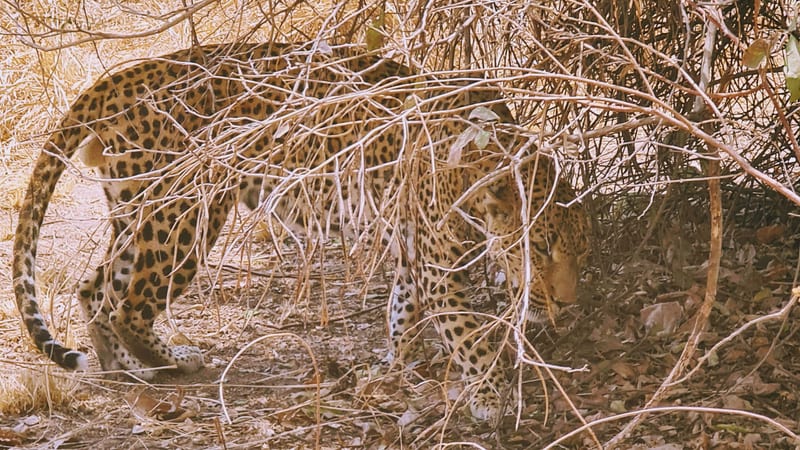
From the graceful stride of giraffes at sunrise to the echoing roars of lions beneath starlit skies, each of our safaris promises an unforgettable dance with nature.


Our family holidays are a perfect opportunity to create lasting memories, whether exploring new destinations or simply enjoying quality time together. From adventure-filled escapes to relaxing beach retreats, they offer a chance to reconnect and unwind away from daily routines.

Our luxury holidays offer the finest experiences, from exclusive resorts and private villas to tailor-made adventures with impeccable service.

For those seeking adventure beyond the usual tourist trails, our off-the-beaten-track trips take you to some of the world’s most remote and untouched destinations, where authentic cultural encounters and breathtaking landscapes await. Let us craft your unique journeys that few travellers ever experience.
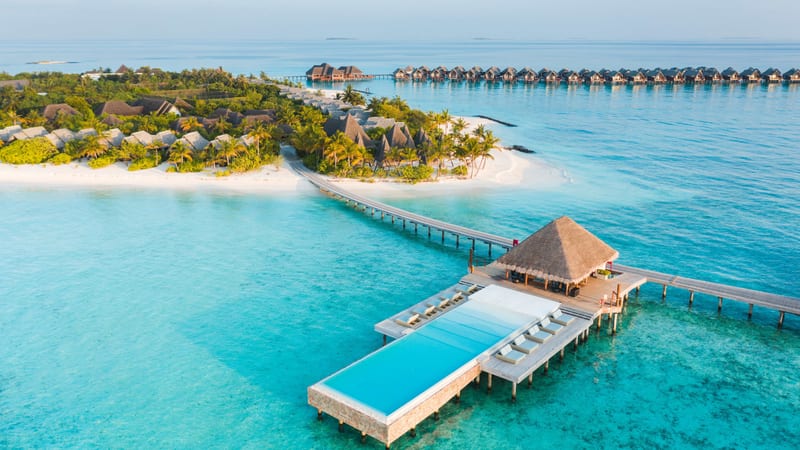
For the ultimate beach escape, we offer luxury holidays to some of the world’s most stunning coastal destinations, from the white-sand shores of Antigua to the turquoise waters of Zanzibar.

For those who crave excitement and exploration, our adventure holidays take you to some of the world’s most thrilling destinations, whether trekking through Patagonia, summiting Mount Kenya, or kayaking past icebergs in Antarctica.

Interested in something a bit more focused? How about a horse-riding holiday through Argentina? Or a photography safari? Look through our Special Interest holiday selection for inspiration

Our wildlife holidays invite you to step into unique ecosystems and experience amazing animal encounters. Whether spotting majestic tigers in the jungles of India or marvelling at polar bears in the Arctic, each trip promises awe-inspiring moments steeped in the magic of nature.

Our small group tours offer the perfect balance of expert-guided exploration and personal experience, taking you to incredible destinations with like-minded travellers. Whether it's a wildlife safari in Botswana, a cultural journey through Vietnam, or a chef-led expedition through India, our carefully curated itineraries ensure an intimate, enriching, and hassle-free experience.

Sustainability travel is at the core of what we do and a guiding principle in every choice we make as a business. Let us help you make sustainable travel choices
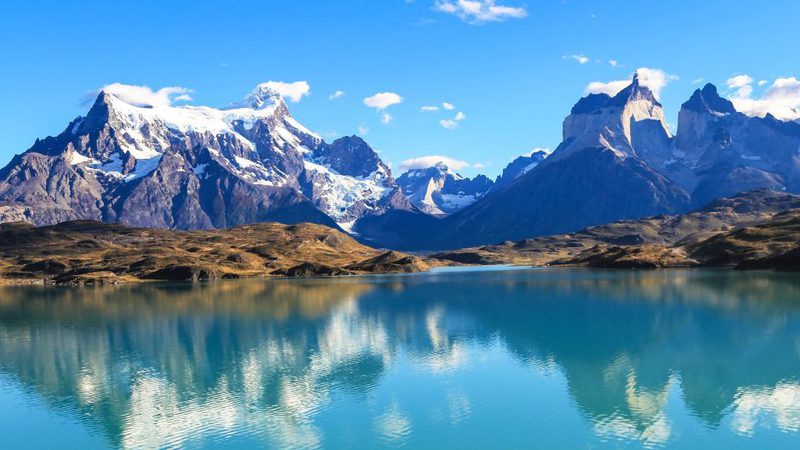
Read about what we do to make a difference

One of the most important parts of our commitment to responsible travel is protecting our clients, and it is a part that we take extremely seriously.
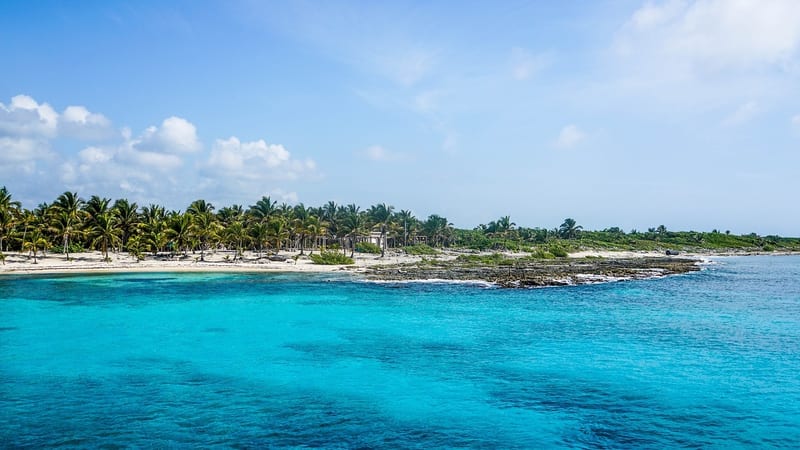
Not sure what's best for which time of year? Check out our expert-written guides

Looking for some expertise on your destination? Have a look through our selection of guides and articles written by our destination experts

Looking for more inspiration? Read from our range of hundreds of articles from our travel specialists, local guides, and personal travel tales.
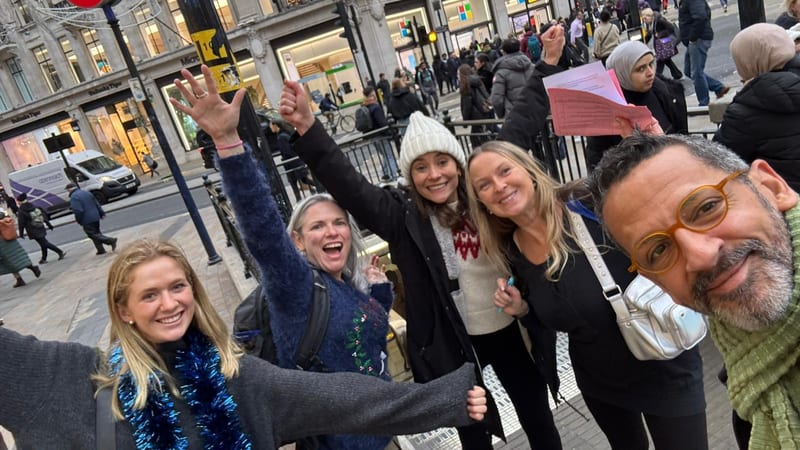
Our mission is to make every holiday special. We will do this whilst specifically aiming to minimise the environmental impact of our activity and maximise our opportunity to influence others to do the same.
Hunting and conservation are awkward bedfellows - we discuss briefly the ins and outs
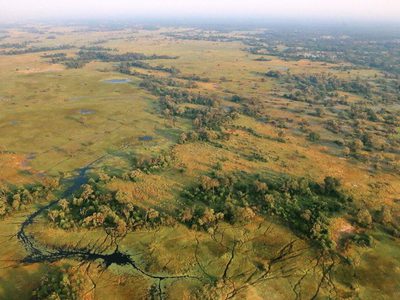
Before we delve into the elephant in the room let’s first briefly talk about how modern-day safaris evolved.
Originally from the Arabic language and then adopted in to Swahili, the word ‘safari’ has always been associated with going on a journey of adventure and exploration. Early naturalists, explorers and big game hunters redefined the context of the word giving it a more romanticised definition of grand tales of adventure, with the likes of Ernest Hemingway and Theodore Roosevelt doing much to glamorise the traditional hunting safari in Africa. These early explorers and naturalists where also responsible for hunting with the purpose of learning and studying newly discovered wildlife.

Today, safaris are much more accessible with a myriad of experiences available for those seeking exposure to the African wilderness. But without hunting would there be as much land set aside for wildlife, conservation and tourism? Perhaps not.
Before tourism evolved to the levels it has in African, significant areas of land were set aside where hunting took place. These areas, sometimes also known as concessions, were usually privately owned, catering for those who wanted to hunt various species. As tourism and public mindsets turned more towards conservation, many of these areas were transformed into the game reserves and lodges we know today. In short, what we now know as a photographic safari evolved from the hunting safari industry.
While it might seem paradoxical, there is an argument for trophy hunting as part of conservation – so how does it work?
One cannot simply travel to Africa and shoot an antelope, lion or an elephant. If a visitor wants to legally hunt in Africa they need to employ the service of a Professional Hunter (PH). The PH applies for and acquires the appropriate permits to enable the hunt to take place, including what species will be hunted and where. Costs of a hunt are made up of PH fees, accommodation and transport, a hunting licence and finally ‘Trophy Fees’ for the specific species being hunted – meaning that most two-week safaris can cost between $50,000 and $100,000 per person. Huge sums by anyone’s standards – a high proportion of which are government fees that are put directly into conservation.

FACT BOX
In 2014 the Namibian government auctioned a licence to hunt one black rhino – bear in mind there are less than 6,000 individuals left in the world – with the winning bid fetching $350,000, of which all was fed back into conservation. The irony is too obvious to need pointing out and it is complex too, in the four years following the auction 300 people in Namibia were charged with rhino-poaching offences.
Hunting in Africa is now properly regulated with strict rules and regulations governing which species can be hunted, where and when. Typically, a trophy animal will be an older male no longer naturally contributing to the gene pool, or a problematic animal such as a rogue elephant. And when relocating species is not an option – hunting may also be used to avoid overpopulation where there would otherwise be a negative impact on local ecology, or risk causing human/wildlife conflict.
This conflict has grown increasingly common as our population grows and with that the desire for more resources. We’re a hungry species and our technology gives us an advantage over wildlife.
As a result, we are expanding more into wild spaces, utilising more resources and land. We’re encroaching on areas which have been traditionally wild to help satisfy the needs of modern living. Wildlife has an ever-decreasing amount of space from which to support itself and those living on the fringes come into conflict with people as thy vie for what little space is available to them. Such as elephants raiding crops or lions and other predators killing livestock - usually with the wildlife suffering attacks of retribution.
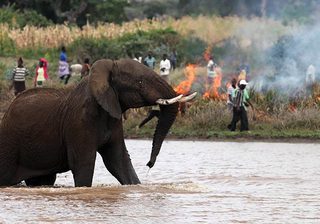

Historically natural selection has acted as a culler, but as wildlife is increasingly affected by human populations, there needs to be an alternative ways of managing it. Culling is often positioned as a solution which is done for the 'greater good'.
As soon as people put up a border, whether it’s physical or a line on a map – we interfere with the ecology, creating an issue with the amount of wildlife that area of land can sustain. If there is an over population of a species in an area it can have a detrimental knock-on effect not only on itself but also others. So as a result, populations need to be managed very delicately with relocation, culling and hunting being some of the methods used.
Culling is process of population reduction of a species within an area with the main aim of balancing an ecology where relocation has been ruled out as an effective method. Over-population puts a huge strain on resources, which over time would have a knock-on effect on not only the particular species but also everything else which shares the same space, including trees, other vegetation and even the ground from which it grows.
Example: Elephants have voracious appetites, with a fully grown adult easily being able to consume up to 130kg of vegetation a day and have a fondness for ‘habitat re-engineering’ by reducing forests to flatlands by uprooting trees and trampling plants as they feed. This in turn can decimate the food supply for other herbivores and then subsequently effects predator populations as well - which could then lead to human/wildlife conflict as the wildlife looks for resources to sustain itself.
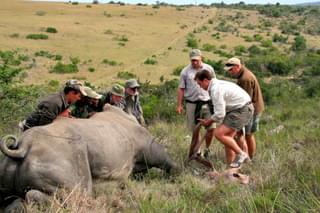
This is something which is becoming more popular with traditional hunters who see it as an opportunity to enjoy the sport they love whist contributing more directly to conservation. Rather than hunting a trophy animal with a rifle, dart guns are used under the strict supervision of a PH and a vet.
Client will pay thousands of dollars to have the privilege of darting a white rhino so that a wildlife vet can carry out necessary medical checks. It’s worth noting that animals are selected for scientific, research or medical purposes, never for commercial with the premise that animal would be darted anyway – but the difference is the hunter is paying for the experience in a more conservational manner rather than taking home a trophy.
Whilst a very emotive and divisive topic, there are arguments for both sides, and whether it’s for or against, there is perhaps no simple answer. While some countries have banned hunting completely – Kenya did so as far back as 1977 – it’s clear that in many others, such as Tanzania, Botswana, Zambia, South Africa and Namibia, hunting is here to stay.
It may surprise some, and be distasteful to many, but the hunting of rare and endangered species does still take place. At present, it is still legal to hunt an endangered species if it is on private land and the government has given permission, i.e. a hunting permit has been applied and approved. However, this is tightly regulated and managed. An example of how this works: between 2016 and 2018, there was a zero hunt quota for leopards in South Africa. Subsequently, in 2018, when population numbers were higher, a hunting quota of seven was released with strict measures in place to ensure that the correct animals were targeted after robust scientific evidence had been produced to ascertain a stable population.
There is no doubt that the debate is complex and for many people has grey areas with their being situation where they feel more or less comfortable with the idea of hunting for conservation, but whichever side you fall on, the reality is that at present, hunting goes on and whether you agree with it or not, it bring money into both the economy and for conservation.
The perennial debate for and against hunting will continue amongst friends at dinner parties and between politicians in the halls of power, so I’ll conclude this article with a short summary of the case for and against hunting safaris in Africa– and let you, the reader, decide.


Get travel tips directly to your inbox every week
Give us a call on 0203 111 1315 or fill in the form below and we’ll be in touch.
